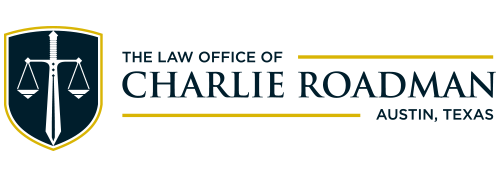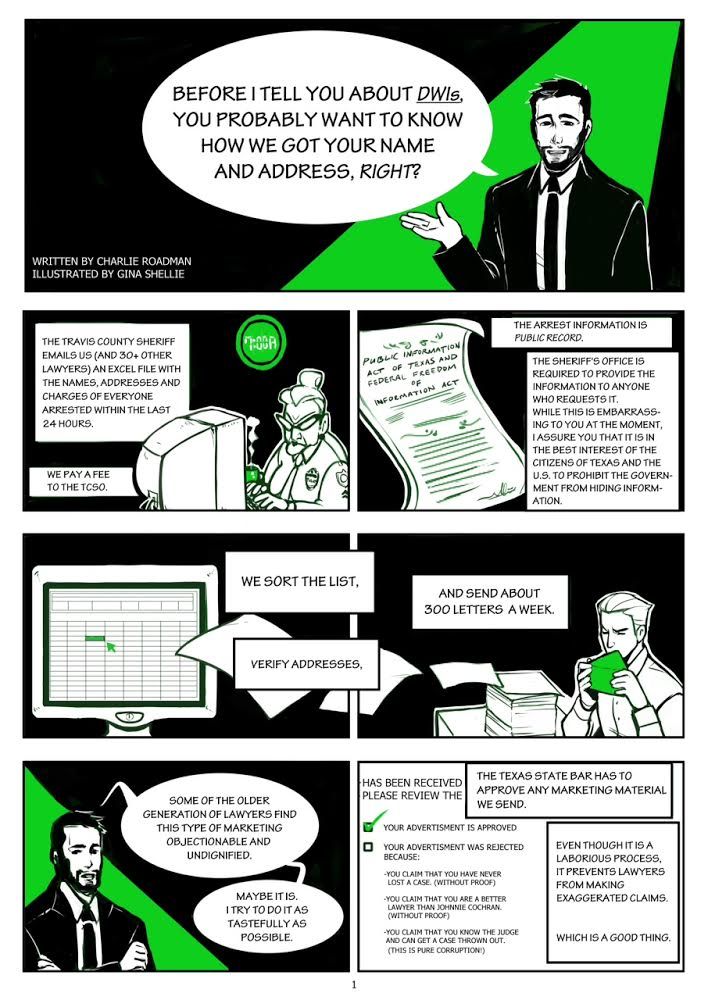Motion to Revoke Probation
What is a Motion to Revoke Probation?
FAQs
What is a Motion to Revoke Probation (MTRP)?
A Motion to Revoke Probation (MTRP) is a legal action initiated by a probation officer, judge, or prosecutor, accusing an individual of not complying with their probation or community supervision terms.
What are common reasons for an MTRP?
Common reasons for an MTRP include using drugs or alcohol, new arrests, failing to attend probation meetings, or not completing mandated counseling.
What is the difference between a warrant and a summons in the context of an MTRP?
A warrant, typically issued in more serious cases, means the judge orders an arrest. A summons, used in milder cases, is more like a court date for the individual to discuss the alleged probation violations.
Can you contest an MTRP?
Yes, individuals have the right to a hearing to dispute an MTRP. However, the judge determines if the probation has been violated, based on the 'preponderance of the evidence' standard.
What does "preponderance of the evidence" mean in this context?
Preponderance of the evidence' means if the judge believes there's a 51% or greater chance that the probation terms were violated, they can revoke the probation.
Can an attorney help in getting a warrant recalled for an MTRP?
An attorney can sometimes get a warrant recalled by negotiating with the judge and prosecutor for a summons instead, aiming to resolve the issue without jail time.
What are the possible outcomes of an MTRP hearing?
The two main outcomes are either continuation on probation, often with additional requirements, or revocation of probation, leading to a jail or prison sentence depending on the original charge.
How can an attorney assist in an MTRP case?
An attorney can negotiate with the court to achieve the best possible outcome, whether it’s continuing probation with modified terms or addressing the revocation.
What happens if probation is continued after an MTRP?
A: If probation is continued, the judge may impose extra conditions like additional classes, extended probation period, or other requirements.



